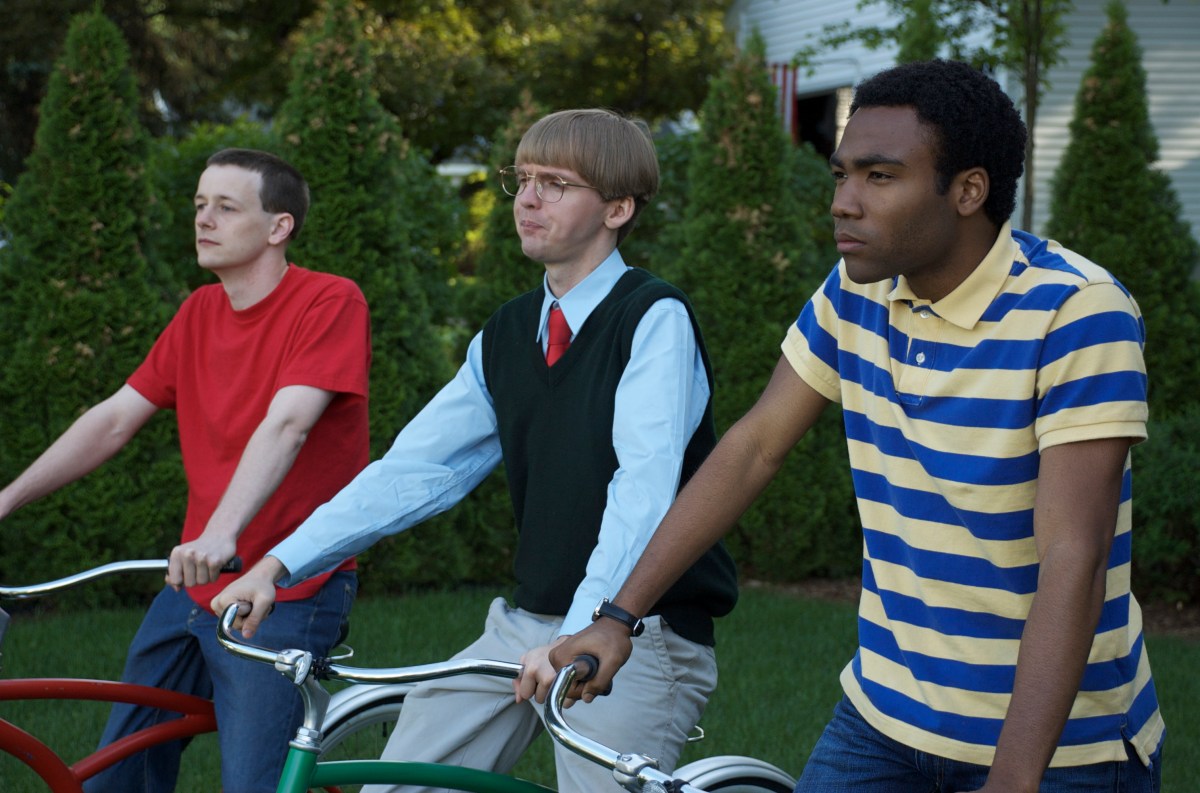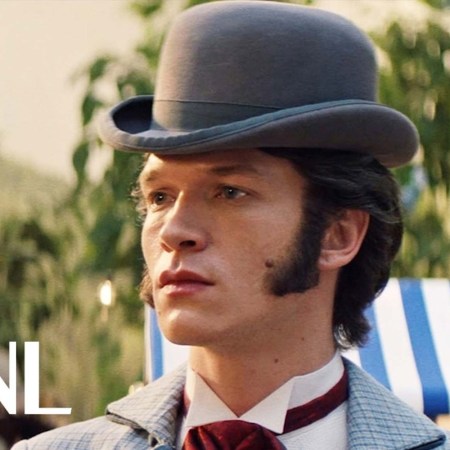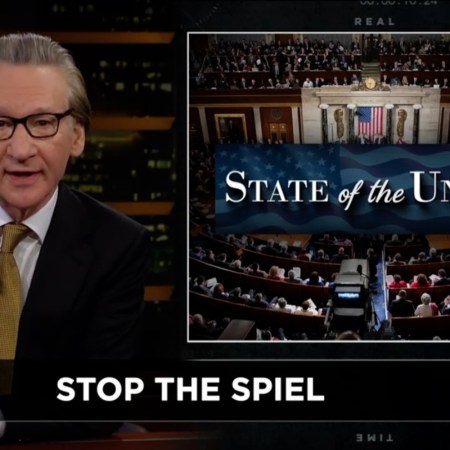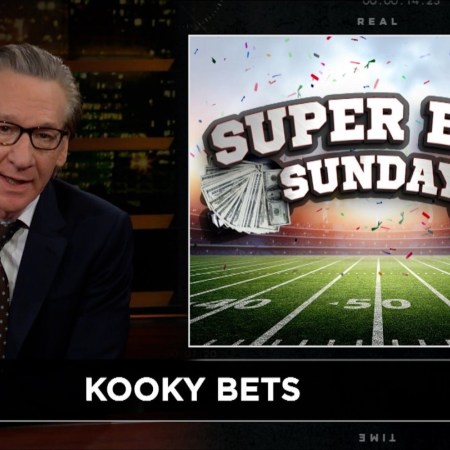The members of bygone sketch-comedy group Derrick Comedy will have much to discuss at the 10-year reunion for their first feature-length film, Mystery Team.
Dominic Dierkes has been racking up TV acting credits, from an episode of Mad Men to a Parks and Recreation role to a brief arc on Weeds. He’s also excelled as a funnyman for hire, sitting as a staff writer on Workaholics as well as the short-lived cult sitcoms The Grinder and The Mick. DC Pierson has penned a couple well-regarded novels, stepped in as a behind-the-scenes joke-man at awards ceremonies and assembled an equally extensive C.V. of bit roles, most notably in Captain America: The Winter Soldier. Donald Glover, meanwhile, has attained a rarefied strata of multi-hyphenate fame in which the public understands him as a general presence in entertainment rather than any one thing in particular. (And that’s without mentioning two fellow Mystery Team stars who were merely part-time Derrick Comedy troupers: The Unbreakable Kimmy Schmidt‘s Ellie Kemper and SNL alum Bobby Moynihan.)
But before the three NYU grads went their separate ways to pursue their separate fates, they made a movie about a trio of friends splintering apart and leaving behind the group that once bound them: the aforementioned Mystery Team. And the story of Mystery Team starts with Derrick Comedy, which by 2009 had wedged their young feet in the door of the adult comedy world. They’d amassed a sizable online following on the merit of viral sketches no longer than a few minutes, each articulating a single standalone concept: There was the keyboard performance with increasingly dark pre-loaded sound effects. The student film that makes no attempt to hide its vengeful streak against the director’s ex. Some, like a muckraking investigation into “Bro Rape,” remain firmly entrenched in the sensibilities of the mid-‘00s and probably wouldn’t work too well in the more socially sensitive present day.
The group took the money accrued from the success of those videos (along with a chunk of change earned from producing commercials for Clearasil) and cobbled together a budget that could sustain a shoestring production.
They tapped longtime NYU buddies Dan Eckman to direct and Meggie McFadden to produce, who suggested their hometown of Manchester, New Hampshire, as a serviceably anonymous-looking suburb where they could shoot on the cheap. Seven short weeks, a cast of friends with familiar faces (Glover had been writing for 30 Rock, accounting for cameos from bit players John Lutz and Kevin “Dot Com” Brown as well as fellow staffer Kay Cannon), no one to answer to — indie doesn’t get much more independent.
Like so many passion projects from male comedians, the film trains its lens on a juvenile man-boy who’s got some growing up to do. Mystery Team ups the ante twice over, both by going three-for-one on the arrested development and ratcheting it far past the expected register of “overgrown teen.” Glover, Dierkes and Pierson play their characters as childhood pals so infatuated with one another’s company that they never bothered making it past age eight. Their high-top Chuck Taylors have been color-coordinated with the bicycles they favor in lieu of cars, they’re grossed out by girls, and they take their milk with chocolate.
We learn that they’ve grown attached to a schtick that began when they were kids, known all over town for foiling junior-league crimes as Jason the Master of Disguise (Glover), Duncan the Boy Genius (Pierson) and Charlie the Strongest Kid Around (Dierkes). The bit may have been charming when they were in second grade, but as 18-year-olds, they’re the butt of the joke. Jason’s costumes never exceed the dimestore, Duncan recites useless factoids and Charlie deludes himself with fantasies of being athletic enough for the football team.
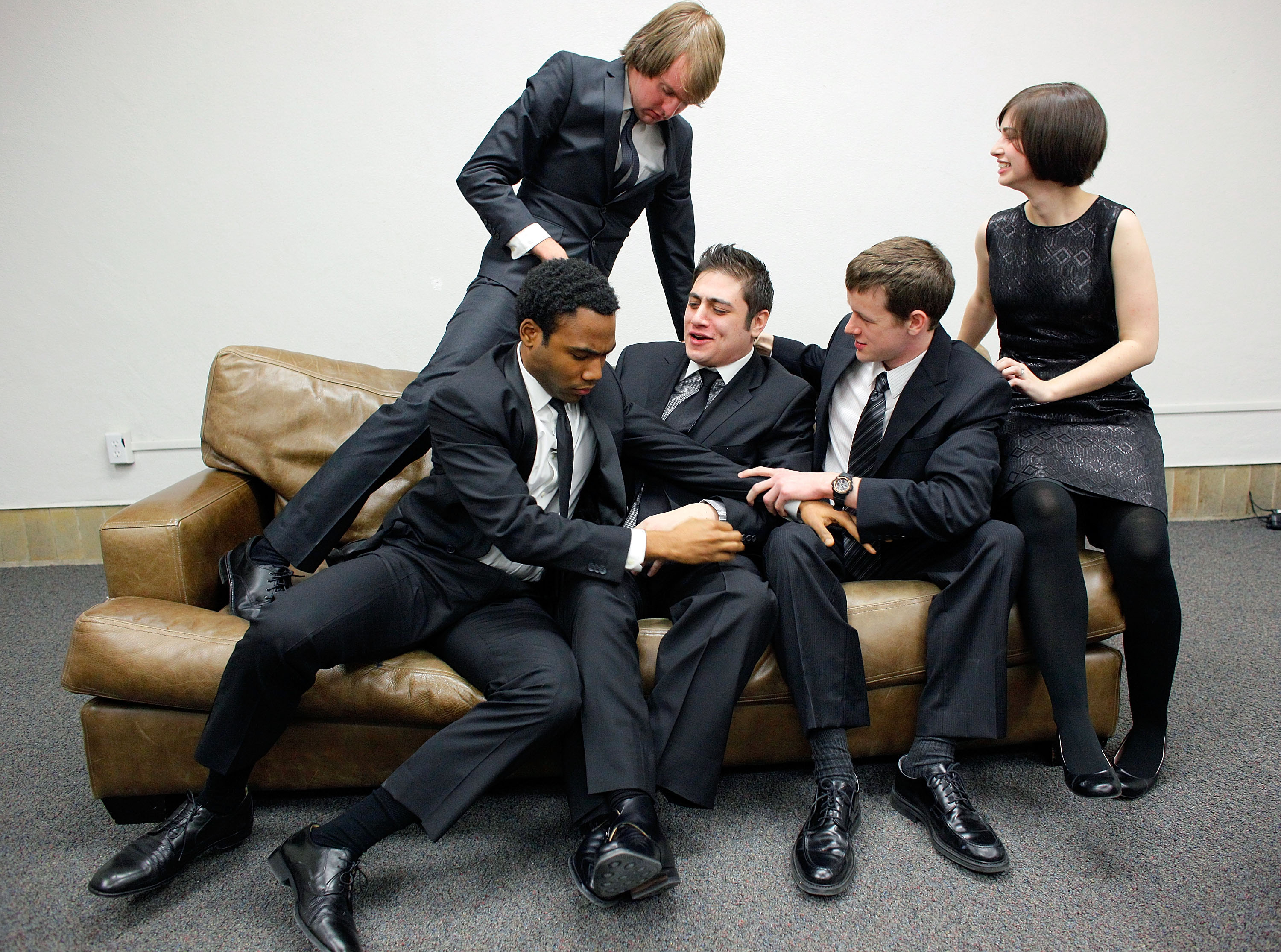
The script mines hysterics from the intersection of the Mystery Team’s low-stakes kiddie image of themselves with a decidedly grown-up and much more high-stakes conspiracy. They’re used to solving pie thefts and sandcastle vandalism, leaving them utterly ill-equipped when they stumble into a diet-Chinatown scheme involving the local lumber industry, the murdered parents of a neighborhood girl (a pre-fame Aubrey Plaza) and an extremely unsavory gentlemen’s club. The result feels like sending Encyclopedia Brown into a hard-R-rated small-town noir peopled by C-section-scarred strippers, irate coke dealers and lactation fetishists. In one particularly memorable scene, the investigation leads our heroes to infiltrate a drug den as college students looking to score blow. Naturally, they dress like old-fashioned lettermen swells and muse while considering the product, “Do we need eight balls?”
While much of the film traffics in self-contained gags not far removed from their native sketch comedy, team Derrick introduces some emotional conflict late in the second act to give the story a backbone. Jason takes it as a severe betrayal when he learns that his best friends will not be sticking around post-graduation as planned, and have instead made arrangements for college in the fall. On a baseball diamond, they shove each other and rough-house like boys, but Duncan and Charlie have begun maturing faster than Jason. Eckman concludes the scene with a long, silent shot pulling back from Glover as he stands stunned at second base, suddenly all alone. They’re growing apart, an anxiety common to every close-knit creative partnership. Just as the members of a rock band fear the day their frontman goes solo, every comedy group dreads that one of their ranks may someday get too famous for the rest of them.
The film tends to foreground Glover, as if tacitly aware that he was the one with a meteoric future ahead of him. He’s been positioned in the center on the promotional poster, he commands the most screen time, and his character’s personal journey forms the core of the screenplay. He occupies the exact same space as dunderheaded singing sensation Conner4Real in Mystery Team’s spiritual successor, The Lonely Island’s slept-upon triumph Popstar: Never Stop Never Stopping. That mockumentary more explicitly engaged with the idea of an artistic union torn asunder, joining another three-person unit as one of their own (Andy Samberg, in this instance) emerges as the outward face of the enterprise while doing a third of the work. In either case, the films emphasize the importance of putting friendship ahead of vanity and self-interest, but it’s not for nothing that Popstar ends with the estranged compatriots reunited, where Mystery Team ends by scattering them to the wind.
By the final resolution, Jason has learned how to function in the real world beyond his playtime. He accepts a car into his life and gets a job in medical technologies (“Don’t you need a degree for that?” “You’d think so!”), all the while pursuing his private detective’s license. The film has arrived at the same realization as any young comedian: that one must balance a pursuit of impractical passions with the demands of basic adult functionality. More significantly, that notion comes paired with the suggestion that sometimes, friends have to be left behind along the way to move forward.
The last shots have it both ways, sneaking in a “The End…?”-type cliffhanger as a haggard man stumbles out of the woods with a new assignment for the Mystery Team just as they’re all saying their goodbyes. Regardless, the film culminates on a covertly downbeat note, with its implication that aging means these three will start to see less and less of each other.
Mystery Team got around as a word-of-mouth phenomenon, with Derrick’s faithful fanbase lodging a flood of requests on programming site Eventful for smaller-market theaters to show the film. Still, the minuscule $89,442 theatrical gross kept it below the radar for a course of years. It remains a true cult object to this day.
It’s curious that the actors’ work survives now mainly as a shibboleth known to comedy nerds, what with public interest in Glover at an all-time high. But perhaps that’s because the mainstream prefers him as he is now, in difficult-brooding-artist mode, rather than the drastically different persona he used to project. Mystery Team doubles as a reminder of a self that Glover has spent the last decade dutifully erasing, unless he’s cutting loose for the occasional hosting gig on SNL. When returning to sketch comedy, his goofy, overexcitable, hysterics-prone side makes a rare reappearance.
Though the interior intricacies of Dierkes, Pierson and Glover’s relationship will largely stay between them, the fans still have Mystery Team. This monument to the cooperation between them outlasted precisely what it was celebrating, capturing a moment not just in Glover’s career but in online sketch comedy, when it could be as simple as finding a couple collaborators and hitting record. Their version of DIY was closer to do-it-ourselves, with three kindred kooks all locked in to a harmonious synthesis. That is to say, they all found the idea of a petrified boy slipping on a strip joint stage and screaming that it smells like cold cuts to be equally hilarious — and that’s the essence of friendship.
This article appeared in an InsideHook newsletter. Sign up for free to get more on travel, wellness, style, drinking, and culture.
